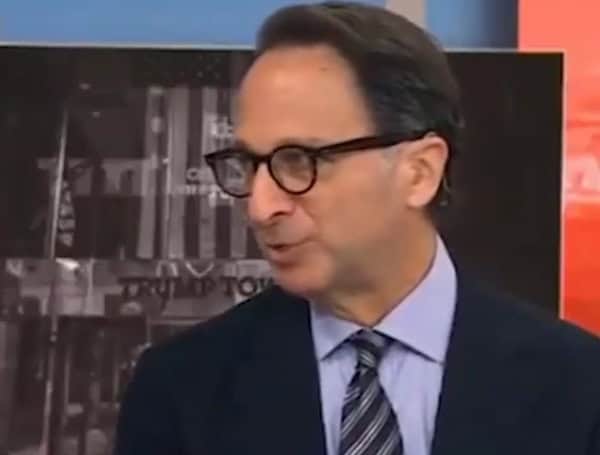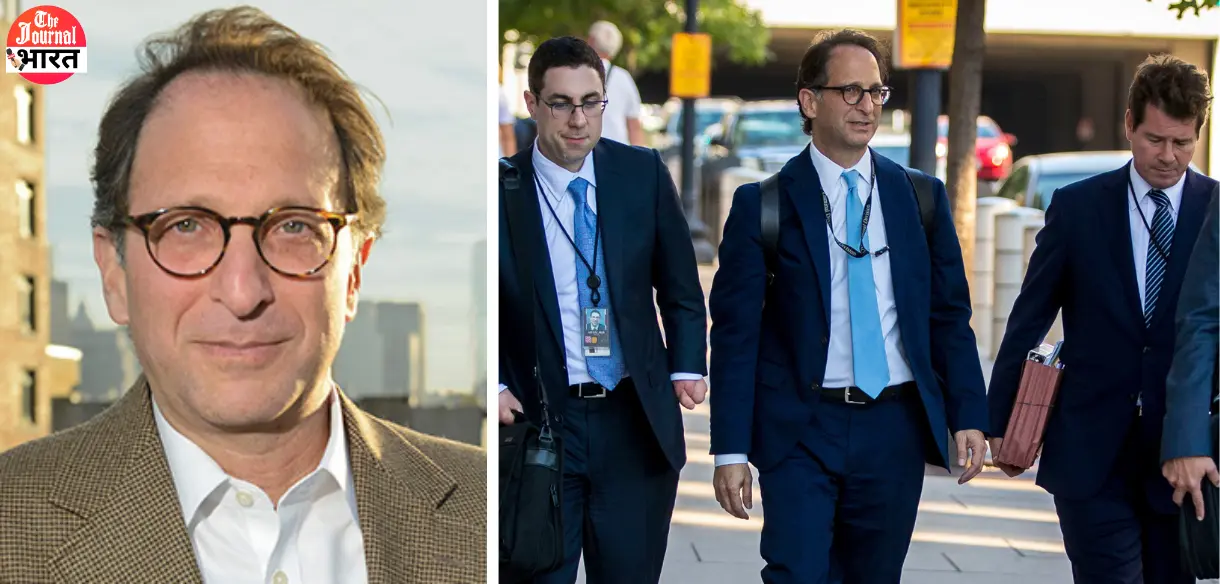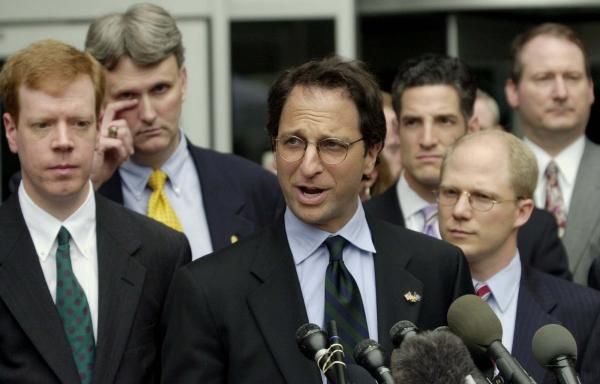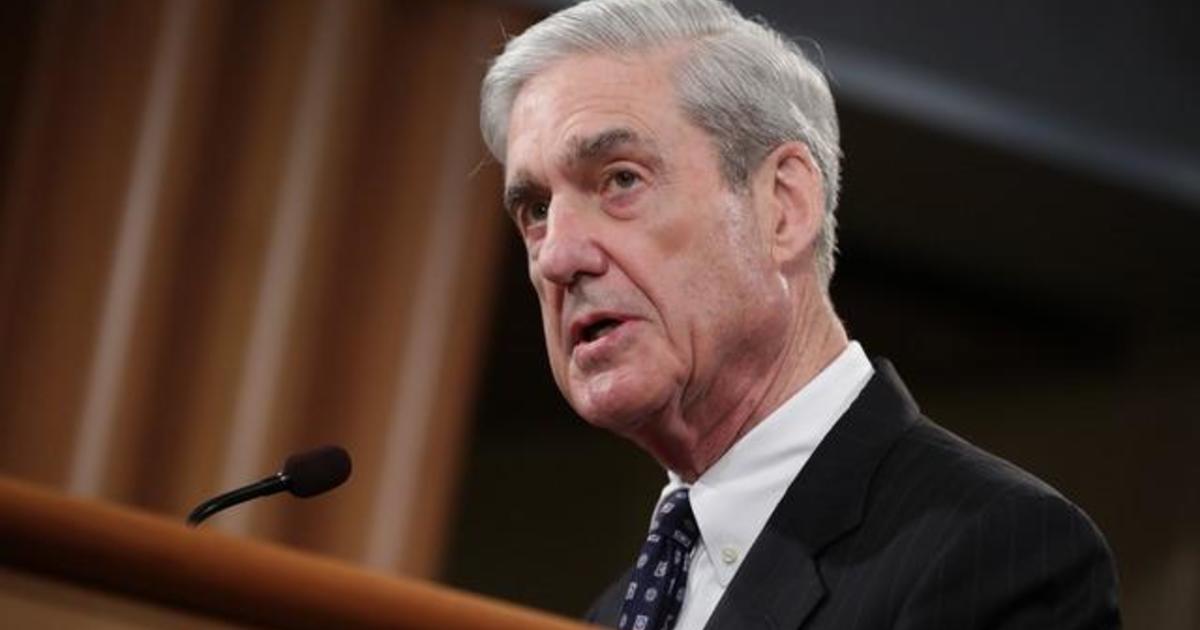Table of Contents
- MSNBC Legal Analyst Gushes Over ‘Man Crush’ Juan Merchan’s Handling Of ...
- Weissman steps down as Enron Task Force chief | Houston's Clear Thinkers
- Mueller prosecutor Andrew Weissmann gets Trump probe book deal
- Robert Mueller Responds to Andrew Weissmann | Law & Crime
- Andrew Weissmann: Documents case gets much stronger with new evidence
- Explosive New Docs Reveal Weissmann’s Misconduct In Enron Case
- Andrew Weissmann Net Worth 2025: Attorney's Financial Success
- Andrew Weissmann: The Supreme Court has given Trump the win
- The Lawfare Podcast: Andrew Weissmann on 'Where Law Ends' | Lawfare
- Former top Mueller prosecutor Andrew Weissmann responds to special ...

In a recent development, Andrew Weissmann, a former prosecutor and current MSNBC analyst, has denied allegations made against him in a defamation lawsuit filed by John Passantino, a former Trump administration official. The lawsuit, which was filed in June, claims that Weissmann made false and damaging statements about Passantino in his book, Where Law Ends: Inside the Mueller Investigation.

According to reports, Passantino's lawsuit alleges that Weissmann's book contains defamatory statements that damaged his reputation and caused him emotional distress. Specifically, the lawsuit claims that Weissmann falsely stated that Passantino had lied to the special counsel's office during the investigation into Russian interference in the 2016 presidential election. However, in a recent court filing, Weissmann's lawyers denied these allegations, arguing that the statements made in the book are protected by the First Amendment and are based on factual information gathered during the investigation.


Background of the Case

The lawsuit is the latest development in a long-standing feud between Weissmann and Passantino, which began during the Mueller investigation. Passantino, who served as the deputy assistant secretary for public affairs at the Department of Justice, was a key figure in the Trump administration's efforts to undermine the investigation. Weissmann, on the other hand, was a lead prosecutor on the special counsel's team and has been an outspoken critic of the Trump administration's handling of the investigation.

In his book, Weissmann provides a detailed account of the investigation, including the interactions between the special counsel's office and the Trump administration. Passantino's lawsuit claims that Weissmann's account is inaccurate and misleading, and that it was intended to damage his reputation and advance Weissmann's own career.


Implications of the Lawsuit

The lawsuit has significant implications for the ongoing debate over the Mueller investigation and the Trump administration's handling of it. If Passantino's allegations are proven true, it could damage Weissmann's credibility and undermine the findings of the special counsel's report. On the other hand, if Weissmann's denial of the allegations is upheld, it could further erode the credibility of the Trump administration and its allies.

The lawsuit also raises important questions about the limits of free speech and the First Amendment. Weissmann's lawyers argue that the statements made in his book are protected by the First Amendment, as they are based on factual information and are intended to inform the public about the investigation. However, Passantino's lawsuit claims that the statements are defamatory and were intended to harm his reputation.
In conclusion, the defamation lawsuit filed by John Passantino against Andrew Weissmann is a complex and contentious case that has significant implications for the ongoing debate over the Mueller investigation. As the case continues to unfold, it will be important to monitor the developments and consider the potential implications for the parties involved and the broader public.
Key Takeaways:
- Andrew Weissmann denies allegations made against him in a defamation lawsuit filed by John Passantino.
- The lawsuit claims that Weissmann made false and damaging statements about Passantino in his book, Where Law Ends: Inside the Mueller Investigation.
- Weissmann's lawyers argue that the statements made in the book are protected by the First Amendment and are based on factual information gathered during the investigation.
- The lawsuit has significant implications for the ongoing debate over the Mueller investigation and the Trump administration's handling of it.